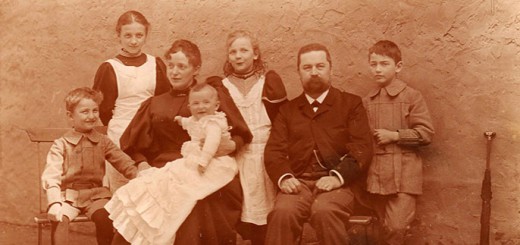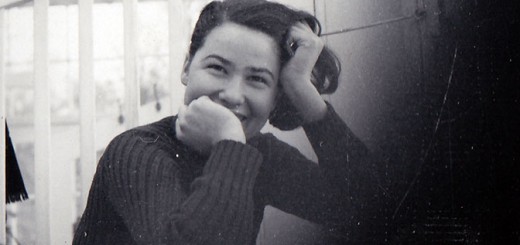Spiral of Silence on Facebook due to Internet Surveillance
Internet users who believe they might be monitored by government agencies tend to hide their opinion if they think it contradicts the opinion of the majority, a study by communication scientist Elizabeth Stoycheff of Wayne State University in Detroit has recently shown.
In this online study, 225 participants were shown a fictitious Facebook page that reported on renewed U.S. airstrikes against ISIS terrorists in Iraq in a neutral way. Participants were then asked whether they would be willing to express their opinion on the airstrikes, for example by liking, forwarding, or commenting the Facebook page. Half of the participants repeatedly received reminders that although their answers would be treated confidentially, it could not be entirely excluded that the National Security Agency (NSA) monitored them.
After that, participants were asked what they thought about the airstrikes and what the majority of Americans thought about them. Moreover, they answered several questions about the legitimacy of government online surveillance.
Their answers mirrored the classic spiral of silence effect: The bigger the distance between their personal opinions and the perceived mainstream opinion, the less participants were willing to express their views. The effect was strongest in participants who believed that they might be monitored and that online surveillance was legitimate: In anticipatory obedience, as it were, they behaved in a more conformist way and exerted self-censorship.
Hence, government internet surveillance programs can restrict the use people make of their fundamental rights, for example freedom of speech. This so-called chilling effect of online surveillance risks undermining the constitutionally guaranteed order of democratic opinion formation.
Interestingly, a minority of participants seemed totally unimpressed by the surrounding climate of opinion and surveillance threat, namely those who explicitly refused online monitoring: Their willingness to express their opinions did not dwindle in the face of potential isolation and surveillance. Stoycheff surmises that this group might include members of an avant-garde who are highly educated and vocal about their views in all political weather conditions. As Stoycheff points out, the group might also include individuals who are so turned off by surveillance that they are unwilling to ever share political views on the internet.
Stoycheff’s study is one of the first to investigate the effects of government internet surveillance on the processes of public opinion formation. She rightly pledges for more research in this field because systematic suppression of minority views risks undermining free speech, one of the constitutionally guaranteed foundations of democracy:1)Elizabeth Stoycheff: Under Surveillance: Examining Facebook’s Spiral of Silence Effects in the Wake of NSA Internet Monitoring. Journalism & … Continue reading
While proponents of [government’s online surveillance] programs argue surveillance is essential for maintaining national security, more vetting and transparency is needed as this study shows it can contribute to the silencing of minority views that provide the bedrock of democratic discourse.
| ↑1 | Elizabeth Stoycheff: Under Surveillance: Examining Facebook’s Spiral of Silence Effects in the Wake of NSA Internet Monitoring. Journalism & Mass Communication Quarterly, 2016, 93, 297. |
|---|



